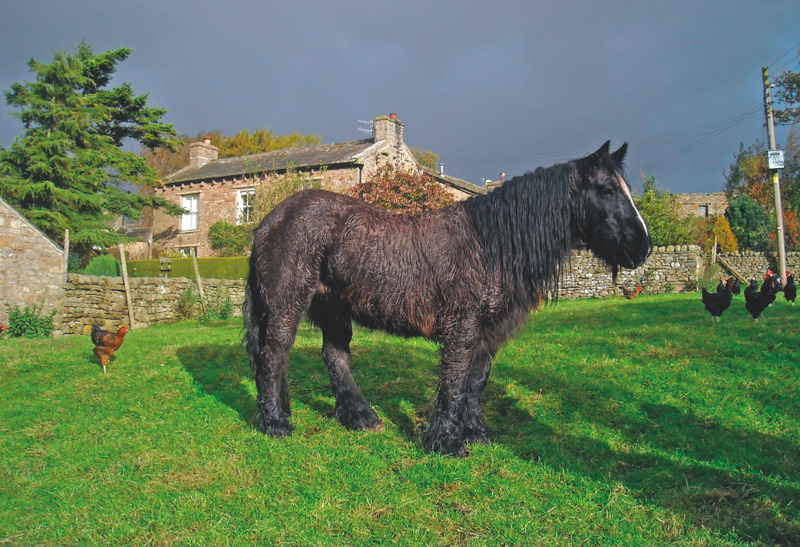A new survey of horse owners is hoped to form a better understand their management of pituitary pars intermedia dysfunction (PPID) or Equine Cushing’s disease.
PPID is a common condition in older horses and ponies and is linked to a range of problems including laminitis, weight loss and a long curly coat, plus various other signs.
The University of Melbourne short online survey forms part of a broader international project to improve the understanding and knowledge of the fundamental causes of the condition, in order to improve early diagnosis, treatment, husbandry and nutritional management.
Melbourne Veterinary School survey lead, Dr Nicolas Galinelli said that it was important to gain a better understanding of current management practices when it comes to PPID.
“We need to get a broader sense of what is working for horse owners so that we can improve health outcomes for these animals both in terms of the early recognition of PPID signs and in the way we determine the most appropriate treatment, management and nutrition,” he said.
“PPID affects approximately 20 percent of horses and is slightly more common in ponies. Sometimes it is treated with specific drugs that target the excessive production of hormones from the pituitary gland, whilst other owners may choose to only treat the clinical signs of the disease such as laminitis. Adapting the diet can also be helpful.
“We want to understand how owners make treatment decisions and which decisions are having the best outcomes.”
Veterinary Pharmacology expert, Professor Simon Bailey added that the survey asks owners about what factors are important for them in treating PPID, including the cost and side-effects of medications and the ability for horses to be fed separately.
“We encourage owners to get in touch once our results have been finalised and published,” he said. “We are keen to help share this information with the equine community and thank them for their support.”
The research is supported by the Australian Research Council, and being undertaken by the Melbourne Veterinary School and Queensland University of Technology with industry partners including Liphook Equine Hospital, WALTHAM Petcare Science Institute and Boehringer Ingelheim.









